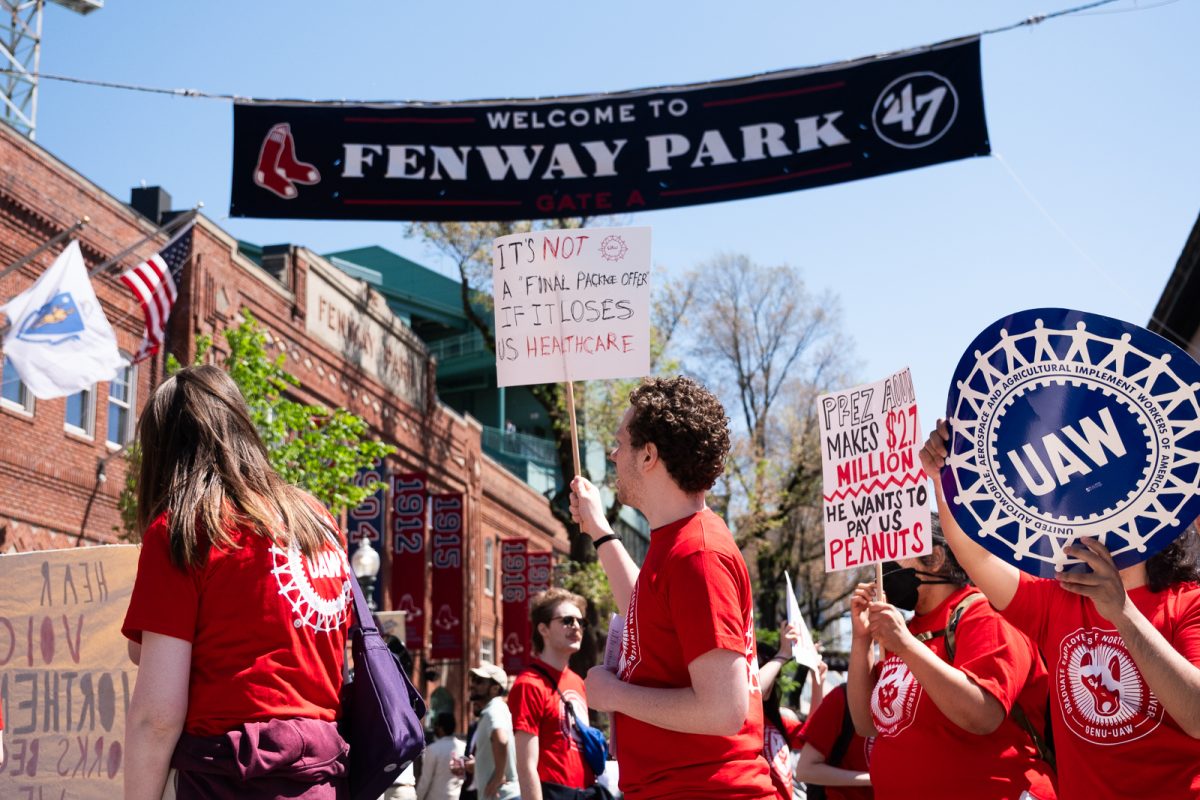By Briyah Paley
It has become a sort of ritual in our family to watch the TV show “Sex and the City” every Sunday night. Not together of course (that would be weird), but we watch the show in separate rooms. However, this season we have seen the show in a different way than other people might see it.
If you haven’t been watching the program, one of the main characters, Charlotte York, converts to Judaism so her Jewish boyfriend, Harry, will marry her. It should be stated that marrying another Jew is not always important to some Jews, but in this case, Harry insisted it was — although he never asked her to convert for him.
In the course of three episodes, we watched Charlotte go to the rabbi, only to be refused three times as is tradition for conversion. We watched her say her first “Oy,” attend her first Sabbath and deal with having to give up Christmas. Yes, we Jews are an interesting breed.
In discussing the show with my dad who is a rabbi, I realized that our society seems to not only be fascinated with Jews, but in fact fascinated with the idea of marrying within one’s culture. Through television and film, we seem to be saying, “Come on, it’s 2003, do we really have to follow all these so called rules about who we can marry?”
I for one, think we do. I was raised Jewish, both my parents are Jewish, and it is important to me to marry a Jew. Many people find fault with this. “But what if you fall in love with a non-Jew?” they say. It’s true, that would be a difficult situation for me, but right now I don’t see it being a problem. Conversion is a possibility, but Charlotte seemed to convert for the wrong reasons. To convert for marriage and nothing else is ridiculous. Religion is something one has to feel in them, a connection that is sacred, and not to be taken lightly. It’s not easy to become Jewish. It takes a lot of studying, preparation and dedication. But this is not just about Jewish culture.
It’s about living in a multi-cultural society. Many of our most compelling communities are almost tribal in nature and are struggling to maintain their form and membership. Our movies and TV shows are waging a debate about this.
“My Big Fat Greek Wedding” is about a woman who is 30 years old and not married — a big no-no in her culture. She finally meets a man who she loves, and who loves her. The problem? He’s not Greek. Her parents aren’t happy about the union, especially her father. But in the end he sees that the man is right for his daughter and he has to let go. Who can forget his line, “In the end, we’re all fruit!”
“Bend it Like Bekham” is yet another movie where a daughter goes against her parents by falling in love with someone outside of her culture. She has to lie to her parents and sneak around so they won’t find out. The whole thing seems absurd. Do we really have to be afraid of what our parent will think? Won’t they just be happy that we’ve found love?
This issue has even been brought into my own family. My sister, who is almost 18, has been dating a Sri Lankan guy for over a year. It took her eight months to bring him home to meet our parents. She was nervous about him meeting our dad. Of course, I don’t see my dad as intimidating at all. He has a rabbi’s beard, but he’s friendly and funny and most of all, understanding. Yes, he would rather my sister have a Jewish boyfriend, but it’s her first boyfriend. He knows it’s an important relationship for her, but he’s not giving her his consent.
She has made the choice to spend next year in Israel, a place where the majority of the population is Jewish. In a few minutes of a recent episode of “Sex and the City,” Charlotte York said good-bye to generations of being a WASP and Christmas ornaments for the promise of love with a bald Jewish guy. What will my sister choose?








